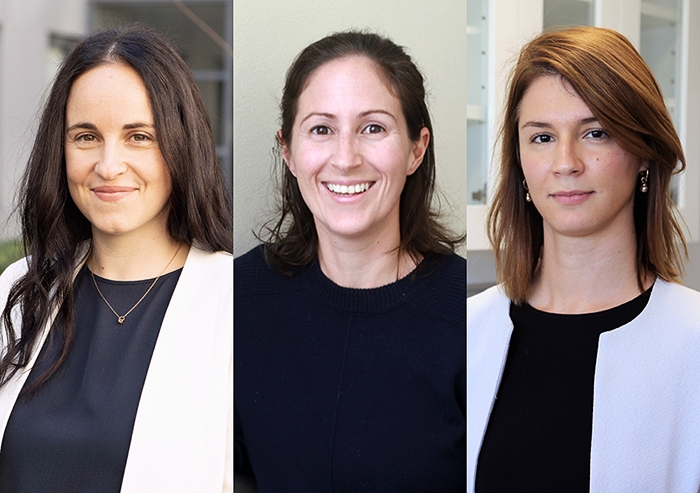School of Biomedical Engineering's Dr Jelena Rnjak-Kovacina has been recognised in the prestigious Young Tall Poppy Science Awards for her work building engineered tissue that reduces heart failure.

Dr Jelena Rnjak-Kovacina is one of three young UNSW researchers to have won 2018 NSW Young Tall Poppy Science Awards which recognises commitment to scientific research and communication.
Now in its 20th year, the Tall Poppy Science Awards event is run by the Australian Institute of Policy and Science (AIPS) and honour up-and-coming researchers for outstanding contributions to science, including technology, engineering, mathematics and medical research.
“A more scientifically engaged society is something every scientist should aspire to and the reason that Tall Poppy winners are so important, for being passionate about this outcome,” said Professor Maria Kavallaris, Chair of the Australian Institute of Policy and Science.
Dr Jelena Rnjak-Kovacina, senior lecturer from the School of Biomedical Engineering, was recognised for research into effective treatments for damaged heart tissue caused by heart attacks. Dr Rnjak-Kovacina’s research explores the use of bioengineered tissues, such as cardiac patches, that can replace dead and damaged heart tissue.
“At the moment we are just managing the damage done after a heart attack as opposed to finding a solution. My work is in regenerating heart tissue, like grafting surgery involving the transplantation of skin,” said Dr Rnjak-Kovacina. “The goal is to develop materials that will allow better vascular supply and drive tissue vascularisation – process where body tissue becomes vascular and develops capillaries.”
Dr Rnjak-Kovacina’s vision is a future in which patients can be offered treatment solutions for cardiovascular disease by growing replacement tissues in a lab that will also have the potential to repair cardiac muscle of children born with congenital heart defects.
The other two winners from UNSW were Dr Aliza Werner-Seidler and Dr Michelle Tye, whose work in mental health programs for young people carried out in UNSW Medicine and the Black Dog Institute was singled out for praise.
Dr Werner-Seidler has recently developed a smartphone application called Sleep Ninja, a gamified app to prevent insomnia based on cognitive behaviour therapy.
Dr Tye was recognised for her recent work on improving early detection and prevention of suicide.
Written by: Lucy Caroll with Lachlan Gilbert
